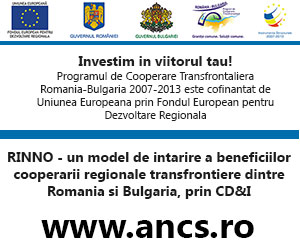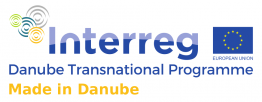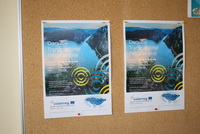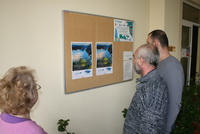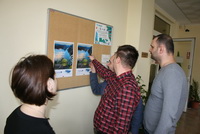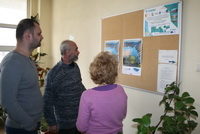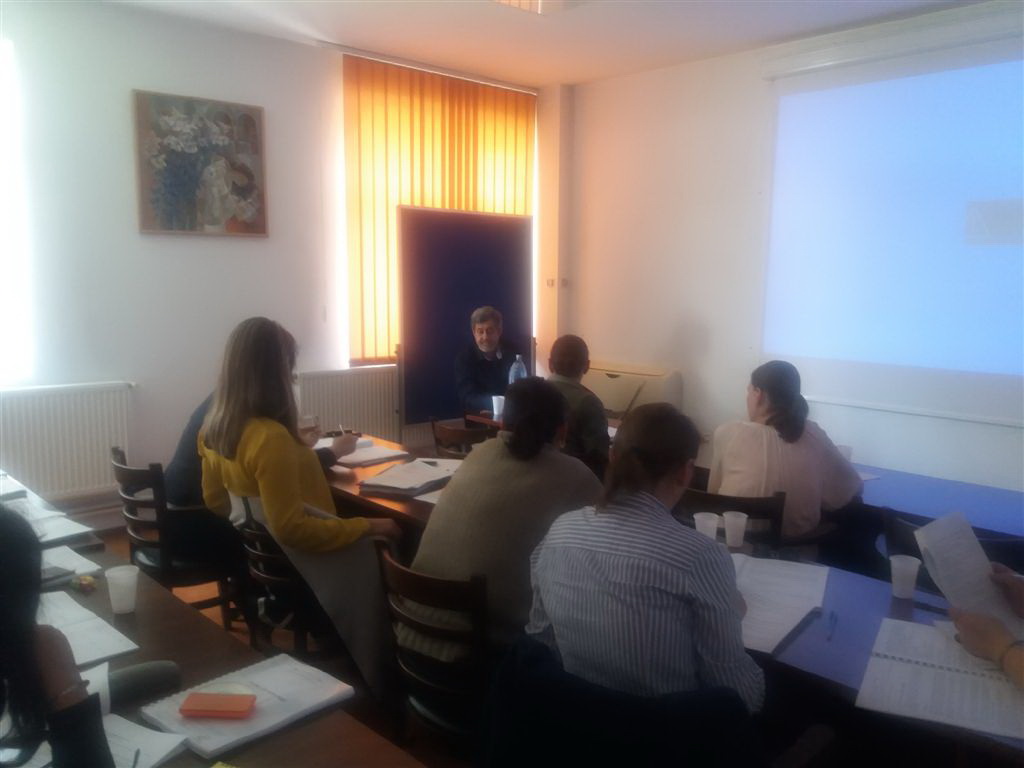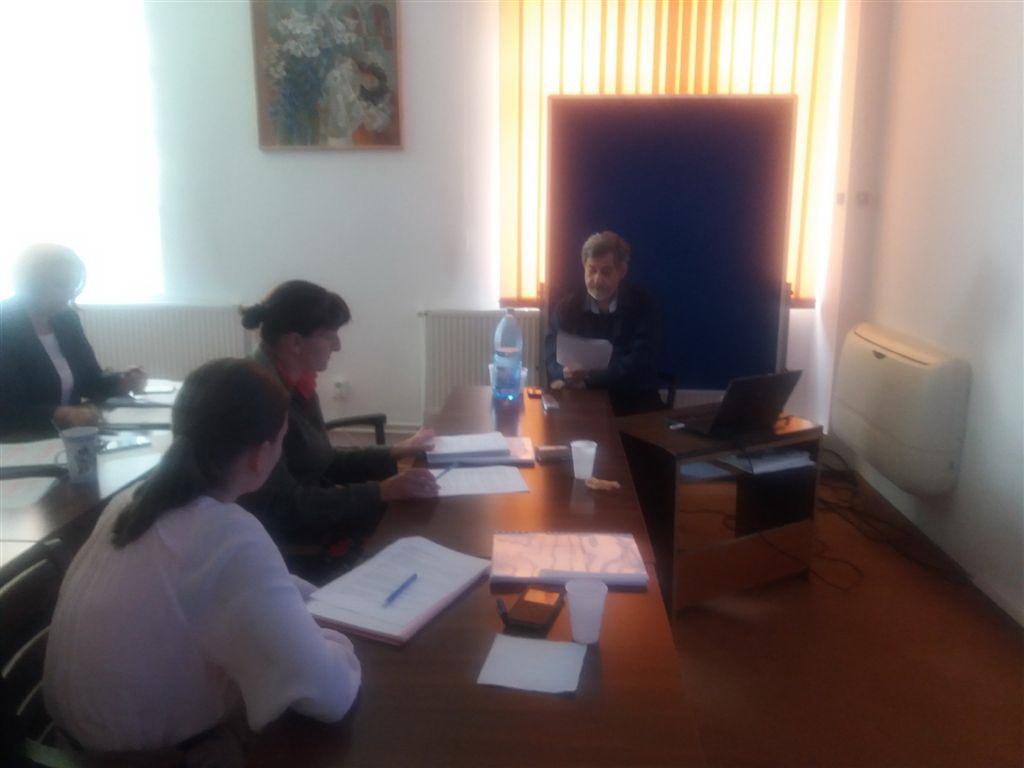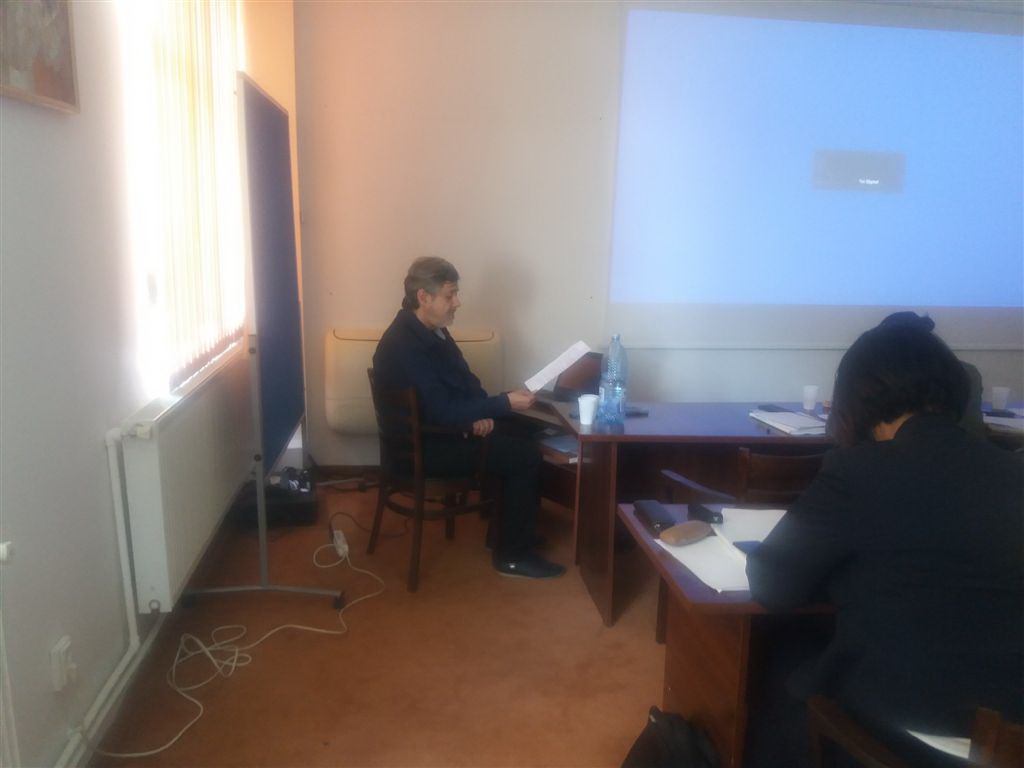|
Enhancing SME competitiveness and collaboration activities in the field of bio-economy in the Danube Region
INTERREG Project, Made in Danube
The development of new products and innovative services by companies, especially SMEs, requires access to scientific and applied research knowledge combined with innovation expertise. The collaboration between research organisations (RTO) and companies is crucial.
Made in Danube will further implement the developed tools and build 15 sustainable bioeconomy-based innovation partnerships involving 40 companies at Danube level. This way the project will not only contribute to the competitiveness of SMEs in the South-Eastern Danube region but also generate significant change for the entire region by supporting regional Smart Specialisation Strategies (S3). Link: www.interreg-danube.eu/made-in-danubeContact: Gabriel Vladut Workshop: Bioeconomy in Oltenia Region, April, 27, 2017, IPA CIFATT Craiova, Stefan cel Mare street no 12Institutul Naţional de Cercetare – Dezvoltare pentru Chimie și Petrochimie din București, împreună cu membrii consorțiului și organizatorul local IPA CIFATT Craiova, au plăcerea de a vă invita să participaţi la dezbaterea documentelor referitoare la direcțiile strategice și obiectivele de dezvoltare a bioeconomiei în România, elaborate în cadrul proiectului: „Cercetari privind identificarea priorităților de dezvoltare a bioeconomiei în România pentru perioada 2016-2030”, finanțat din Bugetul de Stat prin Ministerul Cercetării și Inovării – autoritate de stat pentru cercetare ştiinţifică, dezvoltare tehnologică şi inovare, Plan sectorial.
Training - Technology Broker, 3-5 May and evaluation on 8 May 2017, BucharestOn 3-5 May 2017, IPA CIFATT Craiova, organized training, Technology Broker for the personnel from Technology Transfer Centre of National Institute of Biological Science, Bucharest. During this training was presented the INTERREG Project, Made in Danube “Enhancing SME competitiveness and collaboration activities in the field of bio-economy in the Danube Region”. Some case studies was provided. |






